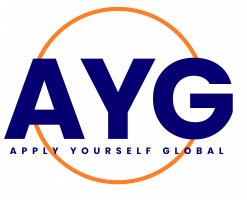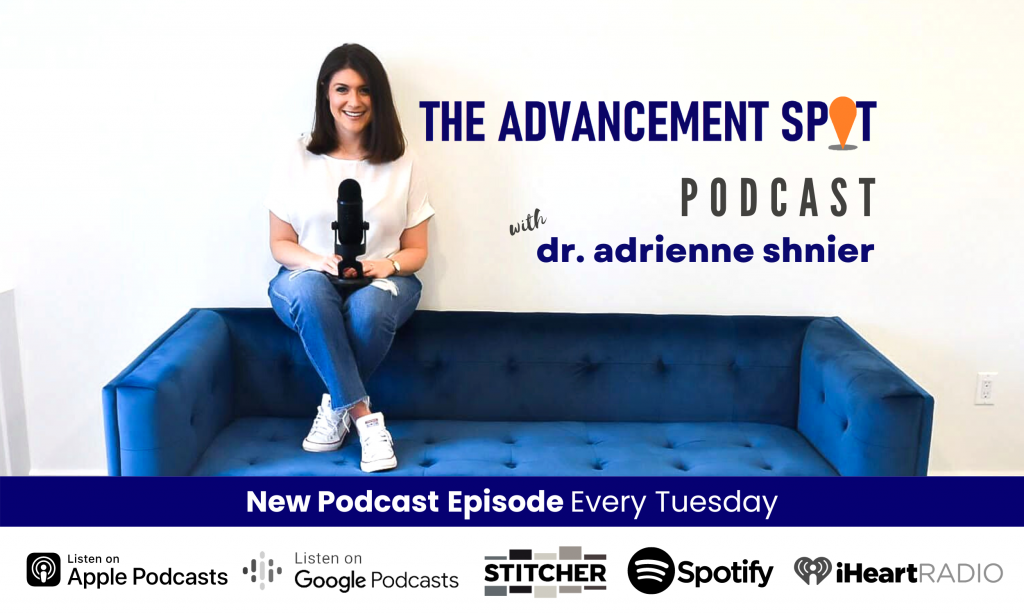Writing for Discovery vs. Communication
In today’s episode, we talk about the key differences between writing for discovery vs. writing for communication. This distinction can apply to any piece of writing that is going to be submitted or be used for some purpose other than your own.
The Discovery Phase of Writing
Writing for discovery is so crucial to fully understand and process your own experiences. It can look like so many different things, like journaling or creating a web diagram, but it just has to make sense to you and help you process, understand, and connect the dots between your experiences. Here are some tips for writing for discovery to ensure this phase is a productive part of your process:
- First, you need to dedicate time to do this phase in order to plan out your final product and to fully reflect on your own circumstances, experiences, and the ways you grew from them.
- Second, you need to give yourself the quiet and the space to do this phase. Give yourself the time and space to think without pressure.
- Third, you need a pen and paper, rather than solely relying on typing. I suggest printing out your CV and beside each experience you write a description of your feelings, memories, and reflections on that experience.
- Fourth, you need to make connections between your experiences and where you were, where you are, and where you are going. After this process, you can then move forward into the…
The Communication Phase of Writing
Writing for communication is the phase where you convey your message for the understanding of your audience. Here are some tips for writing for communication:
- First, know who your audience is. Are you writing for the admissions committee, your professor, your colleagues, or your supervisor at work?
- Second, the communication phase has many considerations, such as proper formatting of your writing, and, in the context of applications, writing to advocate for yourself.
- Third, writing for communication is for the audience to understand who you are, what your experience is, and what you bring to the table.
- Fourth, you may switch between writing for discovery and writing for communication many times, and that is a totally normal part of the writing process.
Follow and subscribe to never miss an episode!
Connect with Adrienne!
Want to connect with us at Apply Yourself: The Advancement Spot and continue this conversation on writing for discovery and communication? Email us at hello@applyyourselfglobal.com, or email me personally at adrienne@applyyourselfglobal.com. You can also DM us on Instagram @applyyourselfglobal – Let us know how we can support you in your writing process!
Ask the Expert
Have any questions on applications, advancement, studying for law school exams, and more? Send your questions to our above contacts, or you can submit an audio file via DM and we can feature you on the podcast!
Work with Adrienne
>>> Calling all applicants! Learn more about our signature course, Mastering Academic Applications: From Scratch to Submission and how you can finish your applications – with clarity, support, structure, and strategy with Adrienne, an Admissions Committee Member. Check out Adrienne’s Calendar and book your Strategy Call HERE to learn more about if this program is right for you!

